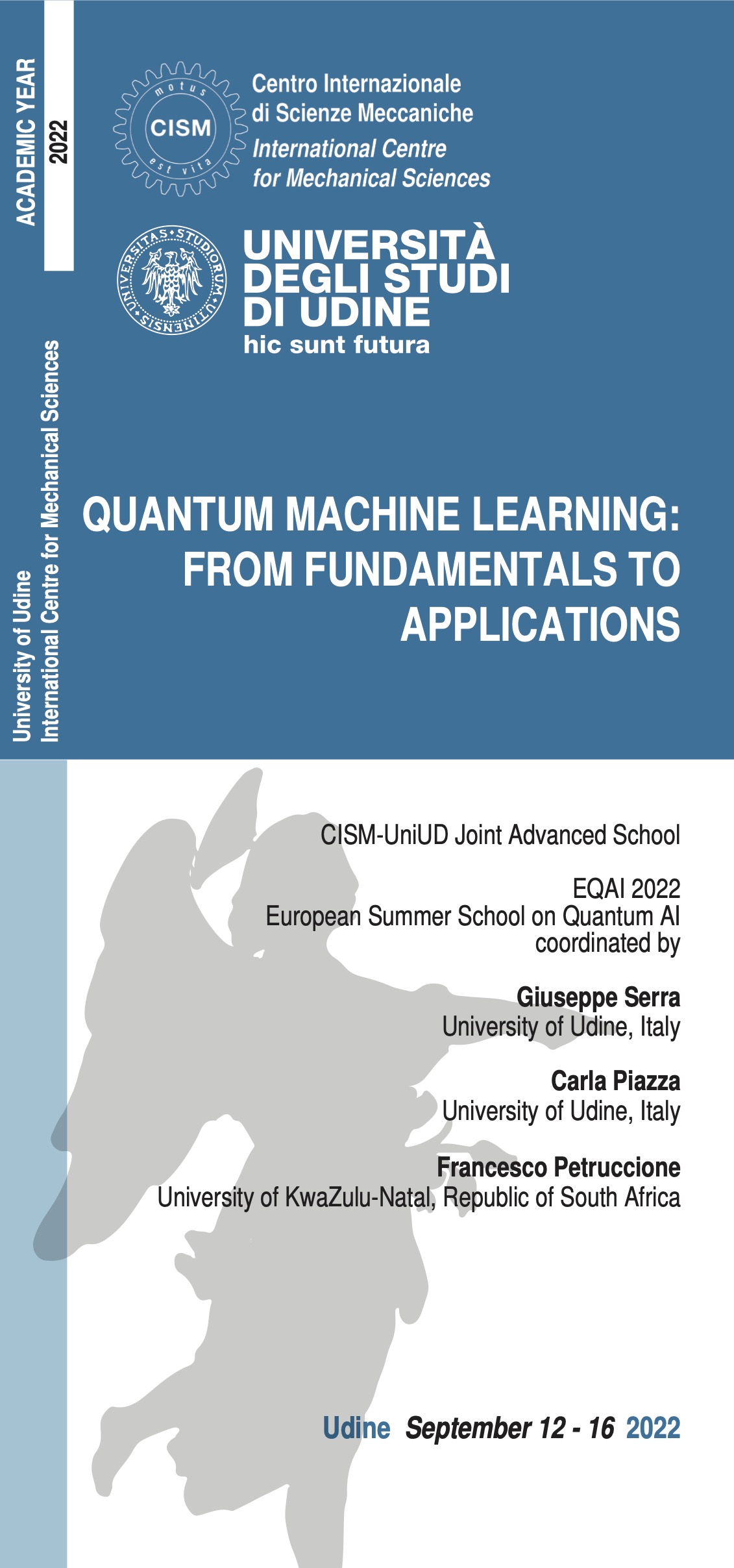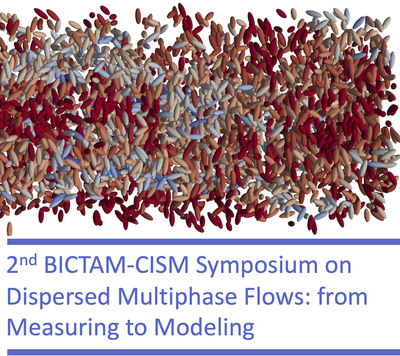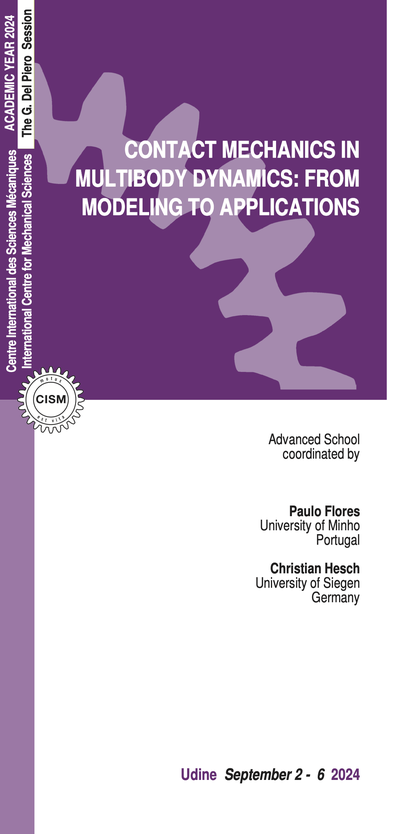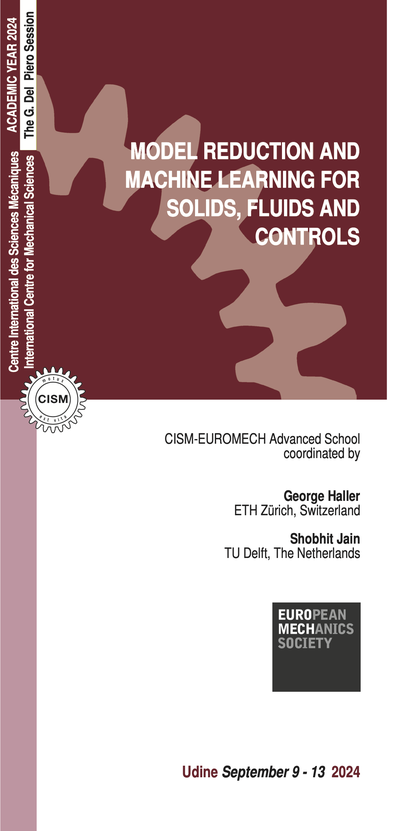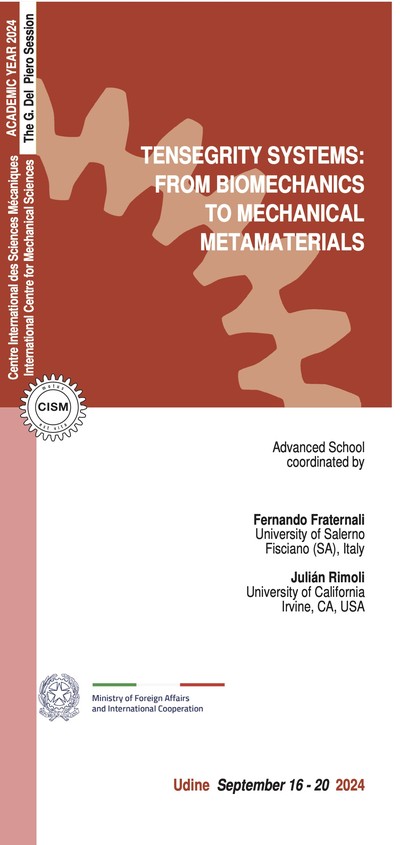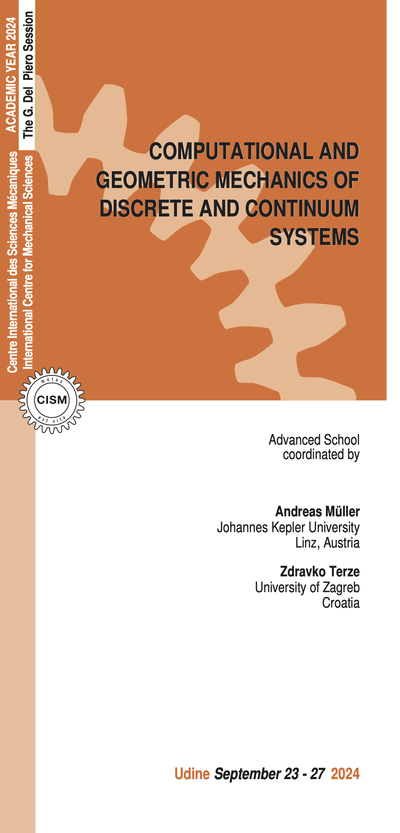MOTIVATION
Quantum Machine Learning is the most promising, sustainable future for Artificial Intelligence.
The application of Quantum Computing to ML/AI is one of the most exciting prospective applications of quantum research. It stems from a combination of physics, mathematics, information theory and computer science and has the potential to provide high computational power, less energy consumption and exponential speedup over classical computers. This will allow incredible advancements in various fields, tackling various issues such as complex physical simulations and optimization problems.
It is crucial to study ways to develop efficient and effective Quantum ML algorithms to take advantage of this new technology. There are also a lot of open challenges: the output of quantum computations is noisy and current quantum computers have a really limited memory. It is therefore of utmost importance to spread knowledge about this topic and involve new researchers who can contribute to its progress.
OBJECTIVE
This summer school aims to provide both an objective and clear overview and an in-depth analysis of the state-of-the-art research in Quantum Machine Learning and Quantum AI.
The courses will be delivered by world renowned experts in the field, from both academia and industry, and will cover both theoretical and practical aspects of real problems.
The school aims to provide a stimulating opportunity for young researchers and Ph.D. students.
The participants will benefit from direct interaction and discussions with experts in this field. Participants will also have the possibility to present the results of their research, and to interact with their scientific peers, in a friendly and constructive environment.
A BRIEF CONTEXT
The advent of computers has revolutionized science, technology and society massively in the last century. The first computer around the 20th century was not capable of performing computations on its own, while nowadays pocket-sized pieces of technology can instantly and accurately solve complex problems (given the right inputs and sets of instructions).
Computers and their physical parts have been constantly optimized in terms of performance, speed and size, but we are reaching the point where the only way to pack more computational power in them is to work at atomic levels. This unlocks both incredible potential and great challenges.
Quantum Computing is a new kind of computing based on Quantum mechanics, that uses subatomic particles (e.g. atoms, electrons, photons) as bits and exploits their probabilistic nature. They can solve any problem that a classical computer can, and vice-versa. But quantum computers can solve such problems in reasonably and exponentially lower time complexities (“Quantum Supremacy”). This exponential speedup is a game-changer in the field of machine learning, where the performance of the models is often tied to the size of the training dataset and the time allotted to the training process. The more data and time are given to a model, the better the results.
Nowadays, models are often trained on smaller sets of data because of time constraints, but a Quantum Machine Learning model would allow us to train models on larger datasets without taking exponential time.
Introduction to Quantum Computing with Qiskit
This workshop is meant to introduce you to Qiskit as software for programming quantum computers on the cloud. Whether it is used as an educational tool or as a research one, Qiskit offers a broad range of modules, an extended documentation and several features for support- ing any person working in quantum computing.
Quantum Mechanics for Quantum Computing
Through examples and exercises to be discussed during the lectures, we will present selected topics in Quantum Mechanics in order to practice with the mathematical tools which characterize Quantum Computing, and to understand the physics behind it: the qubit, super- positions, multi-qubit entanglement, the unitary gates, the distribution of outcomes of measurements.
Introduction to Qiskit Machine Learning for Supervised Learning
The focus of this workshop is Qiskit Machine Learning, a new applica- tion module built on top of Qiskit’s existing functionality to create and run (parametrized) quantum circuits, evaluate complex observables, and automatically evaluate the corresponding gradients with respect to circuit parameters.
Quantum Kernels and Deep Learning
Kernel machines and deep networks are two successful approaches to machine learning that seemingly differ in the way of learning from data: while kernel methods aim to linearise the learning function, neural networks learn from data samples via multiple layers of nonlinear functions. This difference explains the difficulty in using quantum computing for neural networks, as quantum dynamics is purely linear. We discuss some of the recent approaches to quantum deep learning and the related problem of bounding the generalization error in the overparameterization regime.
The Application of Machine Learning on Quantum Computation
This talk will give an overview of current challenges and goals of machine learning-based activities related to the different layers of full- stack quantum computation. Covered topics include: quantum circuit characterization and clustering; quantum circuit transformation and optimization; quantum error correction; quantum circuit mapping and scheduling; hybrid and distributed quantum computation.
Seeking the Benefit of Quantum Kernels
Can quantum kernels be used effectively to improve prediction accuracy in real-world supervised and unsupervised learning tasks? A definitive answer has yet to be found. However, we can try several techniques known in the literature to empirically assess the performance of the machine learning models. We will implement them using the popular quantum computing framework Qiskit. Covered topics include: implementation of quantum kernels, projected quantum kernels, and training of parameterized quantum kernels.
Hybrid Quantum–Classical Computing
Hybrid quantum–classical computing is a paradigm in which a quan- tum computer works in tandem with a classical computer. The most common setting for this is the one in which the quantum computer executes a parameterized quantum circuit (sometimes referred to as a “quantum neural network”) and the classical computer is used to iteratively update the parameters in the circuit, with the goal being to prepare on the quantum computer a quantum state that minimizes a given cost function. The talk presents an overview of hybrid quantum– classical algorithms in this particular setting. Dott. Khatri will provide an overview of parameterized quantum circuits, show some examples of problems that can be solved using them, and discuss the issues of trainability (e.g., barren plateaus) and noise resilience when working with near-term quantum computers.
Cineca's Vision on HPC and QC
The emergence of Quantum Computing (QC) is revolutionizing the way we compute. In particular, hybrid algorithms, that combine parametric quantum circuits together with classical resources, could exploit the principles of quantum mechanics, like entanglement, to extend the capabilities of classical Machine Learning (ML). Cineca has always provided cutting-edge High Performance Computing (HPC) solutions and now it is paving the way for a radical paradigm shift in ML techniques that will lead to a profitable relationship between QC and HPC resources.
Playing with Qubits: a Gentle Introduction to Quantum Computing.
The lecture introduces the basic concepts of quantum computing to a non-specialist audience. No prior knowledge of quantum mechanics will be assumed. In quantum computing, data is processed using quantum bits, qubits, instead of classical bits. We will start by introducing the qubit and studying its properties. Then, we will look into simple two-qubit algorithms, before moving to general n qubit quantum computing.
The course is offered in a hybrid format giving the possibility to attend the course also by remote (on Microsoft Teams platform).
On-site places are limited and assigned on first come first served basis.
The registration fees are:
- On-site participation, 400.00 Euro + VAT*
This fee includes a complimentary bag, five fixed menu buffet lunches, coffee breaks, downloadable lecture notes.
Deadline for on-site application is July 12, 2022 July 24, 2022.
- Online participation, 250.00 Euro + VAT*
This fee includes downloadable lecture notes. Deadline for online application is August 24, 2022.
A message of confirmation will be sent to accepted participants.
Upon request a limited number of on-site participants can be accommodated at CISM Guest House at the price of 30 Euro per person/night (mail to: foresteria@cism.it).
* where applicable (bank charges are not included) Italian VAT is 22%.
CANCELLATION POLICY
Applicants may cancel their registration and receive a full refund by notifying CISM Secretariat in writing (by email) no later than:
- July 24, 2022 for on-site participants (no refund after the deadline);
- August 24, 2022 for online participants (no refund after the deadline).
Cancellation requests received before these deadlines will be charged a 50.00 Euro handling fee. Incorrect payments are subject to Euro 50,00 handling fee.
